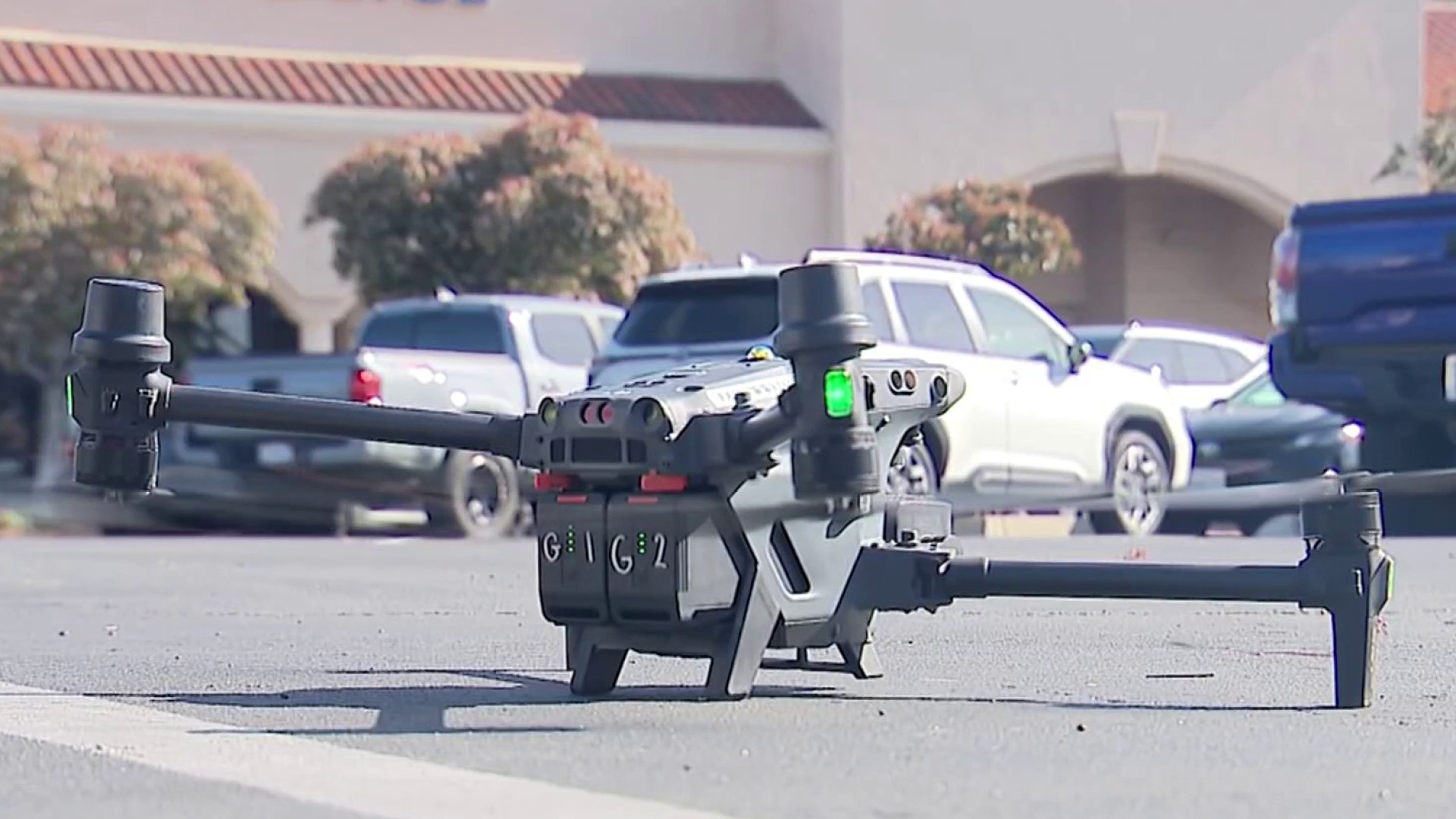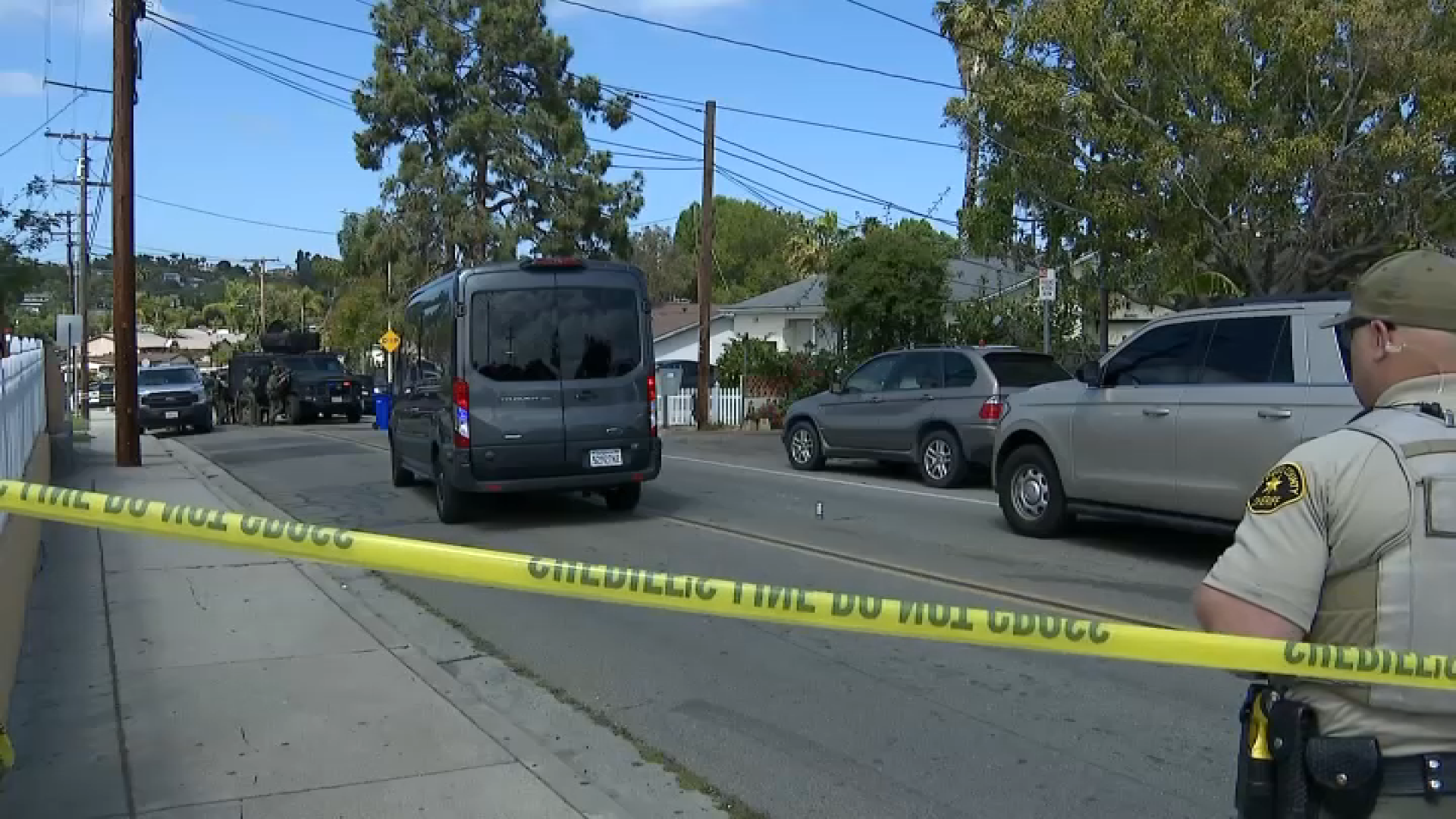Officer Christine Garcia shares with NBC 7’s Chris Chan how she was met with overwhelming support from her department when she decided to make the transition.
San Diego Police Department (SDPD) Officer Christine Garcia worried that her gender transition from male to female would cost her a job she loved, and her wife and kids.
But she said she had no choice.
“I decided that I was going to transition," Garcia told NBC 7. "And no matter what happened in my life, I knew that after I transitioned, I would be happy. No matter what the cost was.”
Christine said she struggled with her gender identity most of her life, often going to school or work, and then coming home and dressing as a female.
She tried to fight her feminine urges, she said, by choosing masculine activities like wrestling in high school and joining the police force. She hoped it would rid her of her feminine side, but admitted that she would often return to dressing as a woman to bring her comfort.
Garcia said she went to therapy, hoping the doctor could help her lose her feminine tendencies. But she ended up realizing who she was, and decided to transition from male to female.
After she made the announcement to the Police Chief and other officers in the department, she was overwhelmed by the positive response.
Local
“I got a flood of emails back," Garcia said. "I would say hundreds, four to five hundred emails back from officers just telling me that ‘I support you’, ’ you're family’, ‘You're a good cop, that's all the matters.’”
Her wife was hesitant at first.
She has known about Garcia's need to dress as a woman since the beginning of their relationship. But days after Christine’s decision, her wife had comforting words for her.
“She told me, 'You know I fell in love with you as a person. And I've built this life with you and I can't imagine it anyway else. I can't imagine spending it with anybody else. you know, I wanna stay,’” said Garcia.
Garcia is SDPD's first Transgender police officer and the agency's transgender liaison.
Outside of work, she speaks to transgender people about her experience, attempting to give them hope and trying to prevent suicide. A 2014 UCLA School of Law study showed that 46 percent of transgender people aged 18 to 44 have tried to take their own life.
She asks others to be more accepting.
“Show some support for them," Garcia said. "Because it really helps them come out and thrive and be a contributing member of society.”



